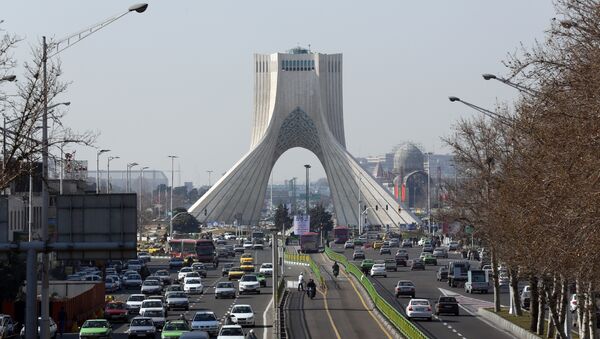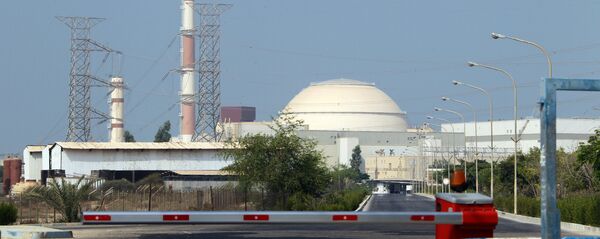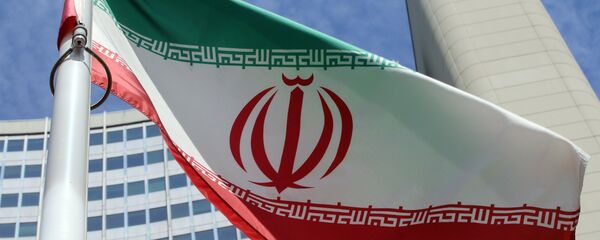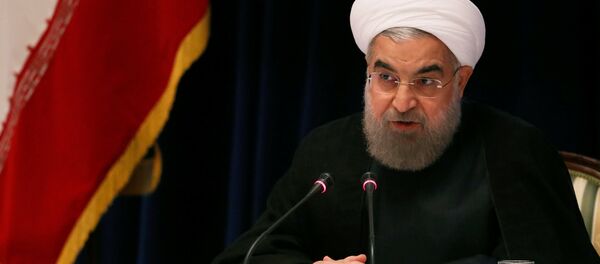"If America wants to go back to the experience [of imposing sanctions], Iran would certainly return in a short time – not a week or a month but within hours – to conditions more advanced than before the start of negotiations," Iranian President Hassan Rouhani said Tuesday during a parliament session, as cited by Reuters.
On July 14, 2015, Iran and the P5+1 group of countries, comprising the US, Russia, China, France and the United Kingdom plus Germany, signed the Joint Comprehensive Plan of Action (JCPOA), ensuring the peaceful nature of Tehran's nuclear program in exchange for sanctions relief. The plan came into force on January 16, 2016.
On July 29, the US Senate approved a bill on new non-nuclear sanctions against Iran over the country's missile program and human rights violations. The move has been widely criticized by Iranian senior officials, claiming that the US bill violates the provisions of the JCPOA.
According to Emad Abshenas, an Iranian political analyst and editor-in-chief of Iran Press newspaper, Iran is very unlikely to withdraw from the nuclear agreement.
"According to the terms of the deal, Iran can quit it if one of the sides violates the agreement. Tehran has filed a complaint against the US and is now waiting for the result. Until the complaint is considered, Iran will not pull out from the deal. As for Rouhani’s statement, the reason is that the US is not observing the deal. I guess Tehran knew that Washington would not adhere to the agreement. The [American] sanctions are aimed at blocking Iran from new technologies and further studies in the field of nuclear energy," Abshenas told Sputnik Iran.
According to Abshenas, Iran does not want to obtain nuclear weapons. Tehran was involved in the nuclear negotiations with the West in order to get the sanctions lifted.
"Iran will not accept the old sanctions under a new name. Tehran will not bow to Trump’s pressure and will not scrap the deal. Moreover, Iran will not tolerate a situation when it observes the deal while the other parties ignore it," Abshenas underscored.
"Rouhani doesn’t want and will not pull out from the deal. But if the US continues to tighten sanctions Tehran may consider such an option," Hariri noted.
He added: "Iran has sent a crystal clear message to Trump. It says: if there are more sanctions Iran will have several options, including withdrawing from the deal and returning to the pre-negotiations situation."
"Such a move would endanger Iran’s national security," al-Atoum told Sputnik.
He added that Rouhani’s statement is likely to be an attempt to put pressure on the international mediators over US sanctions.
The expert also assumed that the rift between Washington and Tehran will further deepen.
"I think that the situation is likely to escalate. The US wants new talks with Iran, because as the result of the previous negotiations Tehran boosted its influence in the region, which contradicts Washington’s interests in the Middle East," al-Atoum said.




